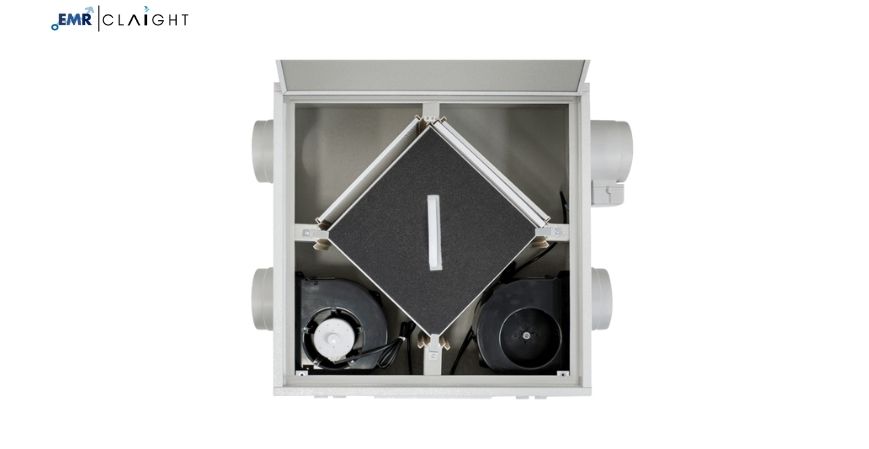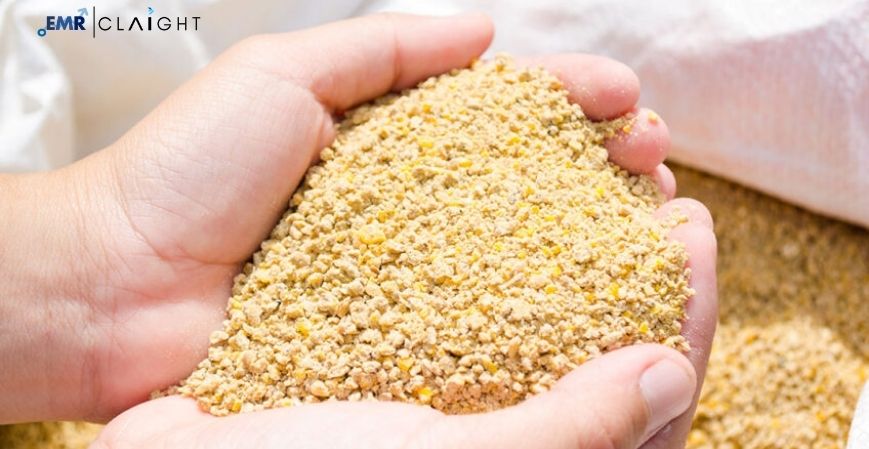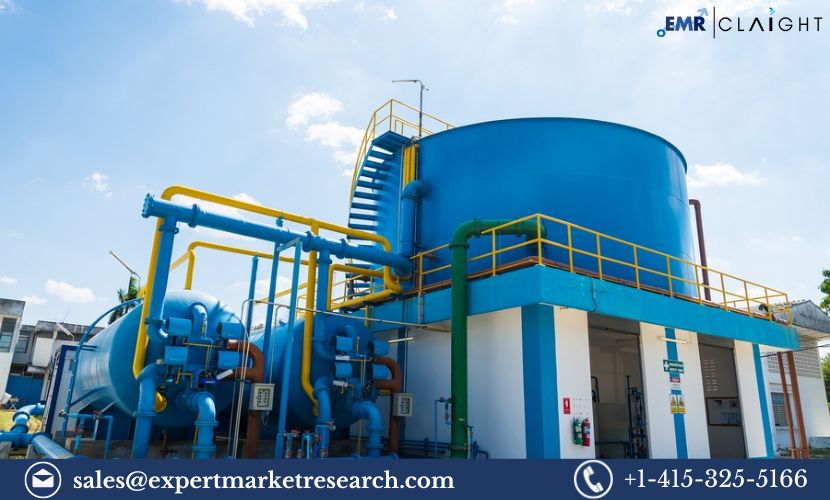 Blog Speed Optimization – Make Google & Users Happy!
Blog Speed Optimization – Make Google & Users Happy!
Polyisobutylene Procurement Intelligence Report 2025: Trends, Technology and Global Market Insights
Written by Lewis Fernandas » Updated on: June 17th, 2025 126 views

Polyisobutylene (PIB) is a synthetic rubber and polymer widely used across various industries, including automotive, adhesives, coatings, and pharmaceuticals. Known for its exceptional chemical resistance, low volatility, and excellent impermeability to gases, polyisobutylene is a versatile material crucial for several advanced manufacturing applications. The Polyisobutylene Procurement Intelligence Report provides an in-depth analysis of the global PIB market, offering valuable insights into market trends, supplier performance, pricing strategies, and procurement best practices to help businesses make informed decisions and optimize their sourcing strategies.
What is Polyisobutylene (PIB)?
Polyisobutylene is a synthetic polymer made by polymerizing isobutylene, a simple alkene. It is an elastomeric material that exhibits rubber-like properties, making it highly valuable in various industrial applications. Polyisobutylene’s key characteristics include excellent weather resistance, low permeability to gases and liquids, and high chemical stability, which makes it an ideal material for products that need to resist moisture, gases, or chemicals.
PIB exists in various forms, such as high molecular weight PIB, which is used as a rubber material, and low molecular weight PIB, which is typically used as a plasticizer in lubricants and coatings. Its ability to perform in extreme temperatures, both high and low, further extends its applications in industries where stability and durability are essential.
Key Applications of Polyisobutylene
Polyisobutylene’s unique properties make it highly versatile, with applications spanning multiple industries. Some of the major applications of PIB include:
1. Automotive Industry
PIB is used extensively in the automotive industry, particularly in fuel and lubricant additives, seals, and gaskets. Its impermeability to gases and liquids makes it an excellent material for applications that require resistance to fuel, oil, and other automotive fluids.
Fuel Additives: PIB is often used in gasoline and diesel fuel additives to improve the performance of engines by reducing friction, enhancing lubrication, and improving fuel efficiency.
Seals and Gaskets: The rubber-like properties of polyisobutylene make it ideal for sealing applications, including those in vehicle engines and fuel systems.
2. Adhesives and Sealants
Polyisobutylene’s adhesive properties are crucial in the manufacturing of high-performance adhesives and sealants. It is used to formulate products for construction, automotive, and packaging industries, where strong bonding is required without compromising flexibility.
Pressure-Sensitive Adhesives (PSA): PIB-based adhesives are used in applications like automotive bonding, medical tapes, and labels, where pressure-sensitive adhesives are essential for holding items together without heat or solvents.
3. Coatings and Paints
PIB plays a significant role in the formulation of coatings, paints, and varnishes, where it acts as a modifier to enhance weather resistance and durability.
Protective Coatings: PIB is often incorporated into protective coatings for materials exposed to harsh environmental conditions, providing superior resistance to wear, moisture, and UV light.
4. Pharmaceutical Industry
In the pharmaceutical industry, polyisobutylene is used in the manufacturing of controlled-release drug delivery systems. Its chemical stability and flexibility make it suitable for encapsulating drugs and ensuring a slow, controlled release over time.
Drug Delivery Systems: PIB is used in the production of osmotic pumps and other controlled-release mechanisms, allowing for a consistent and sustained release of medication.
5. Rubber and Elastomers
Polyisobutylene is utilized in the production of rubber, particularly in the form of butyl rubber, which is known for its air impermeability and resistance to chemical and physical stresses. It is widely used in tire manufacturing, roofing materials, and rubber seals.
Tires and Inner Tubes: Butyl rubber, made from polyisobutylene, is commonly used in tire inner tubes and tire liners due to its impermeability to air, making it an essential component for the automotive industry.
Market Trends and Demand Drivers
The global polyisobutylene market is driven by a variety of factors that influence both supply and demand. Some of the key market trends and demand drivers include:
1. Increased Demand in the Automotive Industry
The automotive industry is one of the largest consumers of polyisobutylene, particularly in fuel additives, seals, and gaskets. As automotive production rises, particularly in emerging markets, the demand for PIB in this sector continues to grow.
Electric Vehicles (EVs): With the rise of electric vehicles, there is an increasing demand for lightweight materials, including PIB, to improve vehicle efficiency, reduce weight, and enhance battery performance.
Fuel Efficiency Regulations: Stricter regulations on fuel efficiency and emissions are driving the use of PIB-based fuel additives that improve engine performance and reduce fuel consumption.
2. Growth in Pharmaceutical Applications
The pharmaceutical sector is witnessing increased adoption of controlled-release drug delivery systems, driving demand for polyisobutylene in encapsulation applications.
Chronic Disease Treatment: With the rise in chronic diseases and the need for long-term medication management, the demand for controlled-release formulations is expected to continue to grow, boosting the need for PIB in drug delivery systems.
3. Rising Need for High-Performance Adhesives
Polyisobutylene’s use in pressure-sensitive adhesives is growing, particularly in automotive manufacturing, construction, and packaging industries. The rise of new technologies and products requiring more advanced adhesives is expected to contribute to the increasing demand for PIB-based adhesives.
Eco-Friendly Products: As sustainability becomes a larger focus, PIB’s role in creating more environmentally friendly adhesives—by reducing the use of harmful solvents—will continue to drive market expansion.
4. Growing Focus on Sustainability
With growing concerns about the environment and sustainability, the demand for environmentally friendly products is rising. Polyisobutylene, with its long-lasting and low-emission properties, is seen as a material that aligns with the increasing focus on sustainability across various industries.
Biodegradable Alternatives: Some market players are investigating biodegradable or eco-friendly alternatives to traditional PIB, driving investment in sustainable polyisobutylene options and innovations.
Procurement Challenges in Polyisobutylene Sourcing
While polyisobutylene offers numerous advantages, procurement professionals face several challenges when sourcing this material. Some of the primary challenges include:
1. Price Fluctuations
Polyisobutylene prices are subject to fluctuations, often due to changes in the prices of raw materials, particularly isobutylene, which is derived from petroleum. These fluctuations can make budgeting and cost forecasting difficult for businesses that rely on PIB as a key material.
Crude Oil Price Volatility: Since isobutylene is a petroleum-based product, fluctuations in crude oil prices can directly impact the cost of polyisobutylene and related products.
2. Supply Chain Disruptions
Global supply chains are increasingly susceptible to disruptions due to geopolitical factors, natural disasters, and other external challenges. These disruptions can impact the availability of raw materials for polyisobutylene production, leading to delays and higher costs.
Raw Material Shortages: Shortages in isobutylene, or disruptions in its production, can create bottlenecks in PIB production, affecting its availability in the global market.
3. Quality Control
Ensuring consistent quality in polyisobutylene is critical, particularly for industries such as pharmaceuticals and automotive, where performance and safety standards must be met.
Product Consistency: Variability in the molecular structure of polyisobutylene can affect its performance in specific applications. Maintaining quality control is vital for industries that require precise performance standards.
4. Regulatory Compliance
The polyisobutylene market is subject to varying regulatory standards, depending on the region and the specific application. Compliance with local and international regulations can pose challenges for companies involved in the production or use of PIB.
Environmental Regulations: Regulatory pressure surrounding the environmental impact of chemical products is increasing, which may require changes in production processes and sourcing strategies for PIB.
Procurement Intelligence in Polyisobutylene Sourcing
Procurement intelligence tools provide valuable insights to help businesses navigate the complexities of polyisobutylene sourcing. These platforms allow procurement teams to make data-driven decisions based on market trends, supplier performance, and risk management strategies.
1. Supplier Risk Management
Procurement intelligence tools enable businesses to assess and monitor the risk profiles of their suppliers, helping them identify potential disruptions and mitigate supply chain risks. These tools can track supplier performance, reliability, and compliance, ensuring that businesses work with the most dependable partners.
2. Price Forecasting and Market Trends
Through data analytics and market insights, procurement teams can forecast price trends, enabling businesses to time their purchases and secure the best prices for polyisobutylene. Forecasting can help mitigate the impact of price volatility and reduce procurement costs.
3. Supply Chain Optimization
Procurement intelligence platforms provide visibility into supply chain dynamics, allowing businesses to optimize their logistics and transportation strategies. With real-time data, businesses can avoid delays, improve delivery times, and streamline their sourcing processes.
4. Sustainability Tracking
Many procurement intelligence platforms include sustainability metrics, allowing businesses to evaluate the environmental impact of their suppliers. This can help organizations choose suppliers that meet sustainability criteria and align with their corporate social responsibility (CSR) goals.
5. Regulatory Compliance Monitoring
With procurement intelligence, businesses can stay informed about regulatory changes that may impact their sourcing decisions. These tools help businesses track compliance with industry regulations, including those related to environmental standards, safety, and quality.
Procurement Strategies for Polyisobutylene Sourcing
To optimize polyisobutylene procurement, businesses should adopt several key strategies:
1. Diversify Supplier Base
To reduce dependency on a single supplier and mitigate supply chain risks, companies should consider sourcing polyisobutylene from multiple suppliers. This diversification strategy can help ensure a stable supply, even during periods of market volatility.
2. Negotiate Long-Term Contracts
Establishing long-term contracts with reliable suppliers can help businesses secure more favorable pricing, reduce costs, and improve supply chain stability. Long-term agreements can also provide predictable delivery schedules and ensure consistent quality.
3. Invest in Quality Control
Ensuring that polyisobutylene meets industry standards is critical, particularly in applications like pharmaceuticals and automotive. Investing in rigorous quality control processes and working closely with suppliers to maintain high-quality standards is essential for avoiding performance issues.
4. Monitor Market Dynamics
Regularly monitoring market trends, pricing fluctuations, and supply chain conditions allows procurement teams to anticipate potential challenges and adapt their sourcing strategies accordingly. This proactive approach helps businesses stay ahead of market shifts and optimize procurement decisions.
5. Focus on Sustainability
As sustainability becomes an increasingly important factor in procurement decisions, businesses should prioritize suppliers that offer environmentally friendly polyisobutylene products. Sourcing PIB from suppliers with strong sustainability practices can align with a company’s environmental goals and enhance its corporate reputation.
Media Contact
Company Name: Claight Corporation
Contact Person: Peter Fernandas, Corporate Sales Specialist
Email: [email protected]
Toll Free Number: +1–415–325–5166 | +44–702–402–5790
Address: 30 North Gould Street, Sheridan, WY 82801, USA
Note: IndiBlogHub features both user-submitted and editorial content. We do not verify third-party contributions. Read our Disclaimer and Privacy Policyfor details.
Copyright © 2019-2025 IndiBlogHub.com. All rights reserved. Hosted on DigitalOcean for fast, reliable performance.

















